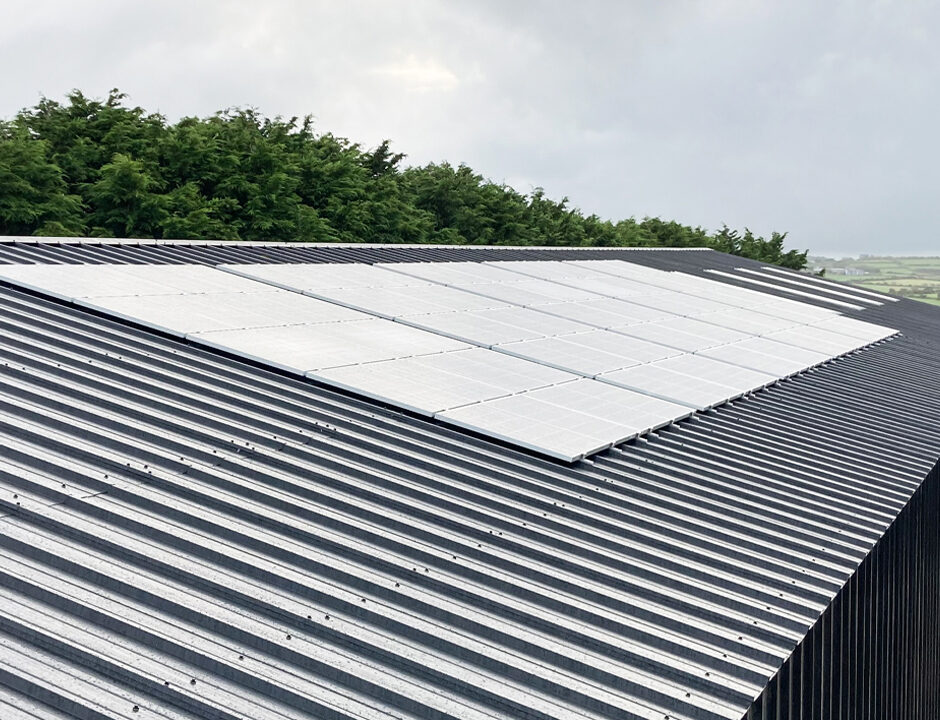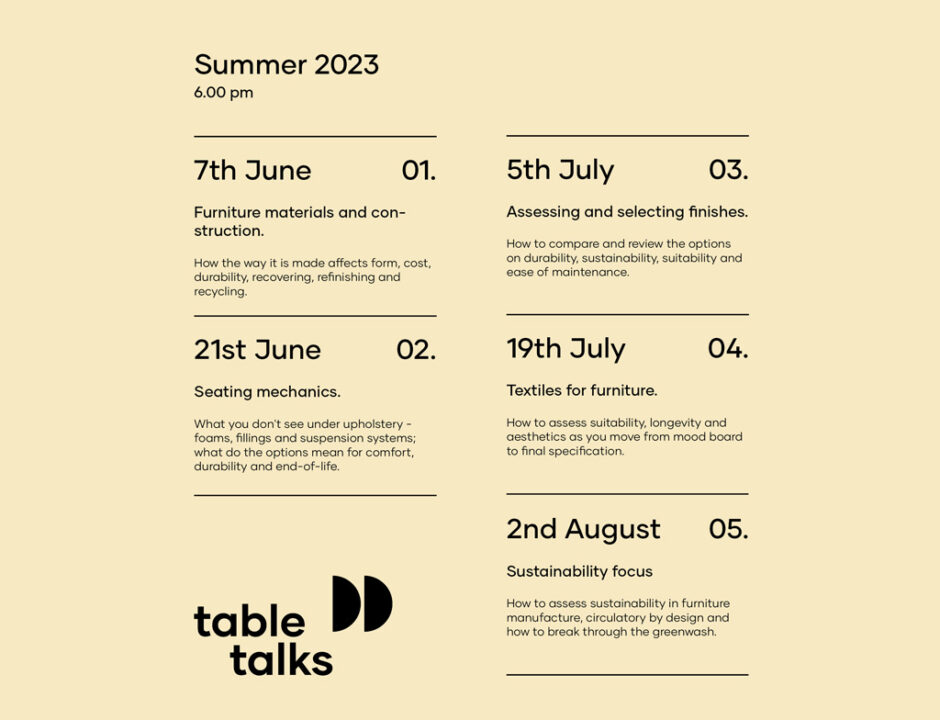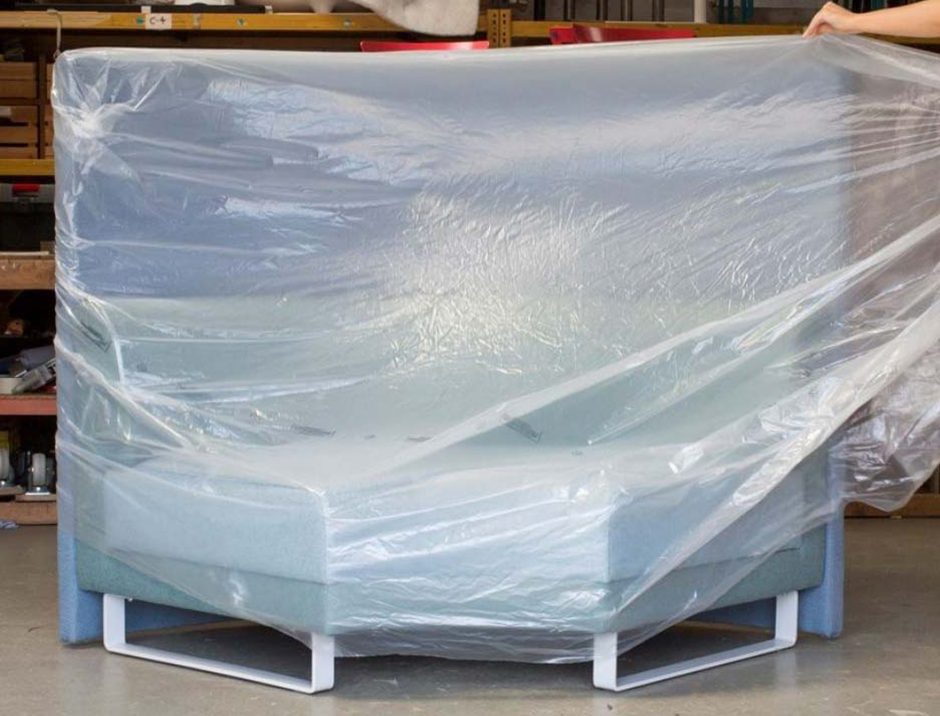
A big achievement in the development of our new HQ is the installation of solar panels to enable us to progress our efforts in lowering our emissions.
Through our work with sustainability experts Element 4, we identified six of the United Nations Sustainable Development Goals focusing on taking action and delivering a difference as we work to continually improve our sustainable production methods.
Working towards Net Zero is a huge challenge for us all – COP26 demonstrated this on a global and national level but the power of us as individuals can also be hugely powerful. As a business our impacts sit between the individual and national level. We have spent the last couple of years working hard on where we should focus our efforts.
The 6 UN Sustainable Development Goals we are focusing our efforts on are:
3 – Good health and wellbeing
8 – Decent work and economic growth
12 – Responsible Consumption and Production
13 – Climate Action
15 – Life on Land
17 – Partnerships for Goals
Our move to a new building is a huge step forward for us in our efforts against SDG no.13. The potential ambition to achieve net zero carbon emissions by 2025 was discussed with Element Four.
With their expert guidance it was decided that this target could be unhelpful for us in our mission to be a genuinely sustainable furniture manufacturer.
There are several reasons why this goal isn’t the one for us to set ourselves. Here’s why: Net zero’ has become a green bandwagon, with many companies rushing to set arbitrary targets without understanding the implications.
For a business, the reality of achieving net zero means spending potentially large amounts of money on purchasing carbon offsets which may not always be what they claim to be.
Poorly managed claims, sometimes double-counting reductions or selling the same ‘credit’ multiple times. Tree-planting schemes are most controversial, taking decades to achieve the claimed carbon sequestration.
We want an open dialogue that allows us to all action and to work with likeminded individuals in making progressive steps forward. We don’t want to make claims that we can’t stand by. Setting a more thoughtful target, based on a deep understanding of the issues and aligned with the Paris Agreement(1), is MARK’s plan.
(1)The Paris Agreement is the international treaty to limit greenhouse gas emissions and reduce global warming. It requires: “Holding the increase in the global average temperature to well below 2°C above pre-industrial levels and pursuing efforts to limit the temperature increase to 1.5 °C above pre-industrial levels, recognizing that this would significantly reduce the risks and impacts of climate change.”
We don’t think that tree planting schemes are a wasted effort it is just that they cannot allow us to continue business as usual. In a climate emergency we must not be squeamish about investing in high-quality schemes that remove greenhouse gases from the atmosphere, providing we first work to fundamentally reduce emissions.
“The bath tub is overflowing and tree-planting-only strategies are the equivalent of baling it out with a thimble. The most urgent thing is to turn off the tap.”
Element Four Managing Director Georgia Elliot-Smith
Greenhouse gas offsetting schemes are controversial because:
Some organisations, especially major polluters with plenty of cash, make bold net zero or carbon neutral claims by purchasing millions of offset ‘credits’ to cover their emissions, rather than reducing emissions or making a fundamental shift to more sustainable practices. The focus of any business’s climate action should be first to examine and minimise greenhouse gas emissions.
The offsetting market continues to mature, with most schemes now very well-managed and accountable to international quality standards. Numerous schemes are available with the best, like The Gold Standard(2), providing multiple benefits, e.g. replacing wood cooking stoves with solar powered units in developing countries reduces carbon emissions, reduces the burden of physical labour and eliminates carcinogenic woodsmoke from homes.
In due course, MARK will consider introducing an appropriate offsetting scheme for the emissions they create that cannot be reduced; it is not however the first step for us to take.



